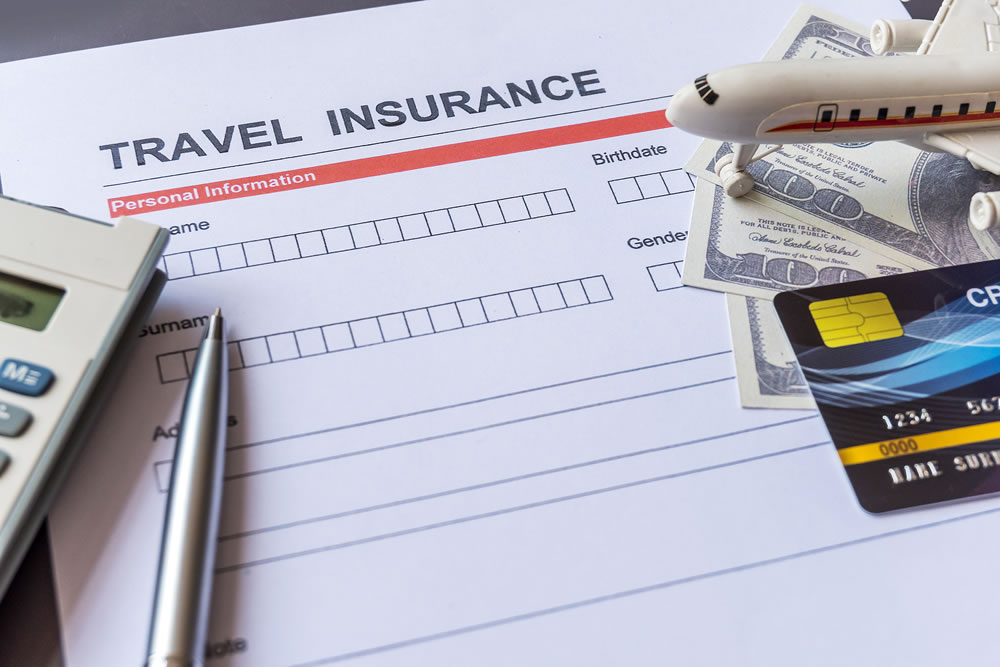Travelling for business can be daunting and chaotic, and when the trip is abroad, many other factors need to be considered if you want the journey to go smoothly. Thankfully, the first international business trip is usually the most challenging – once you’ve started, you’ll quickly understand the importance of organisation, research and quick-thinking.
To help you prepare, we have listed seven tips that will give you an insight into the different elements you will need to consider so that your trip can be highly productive and extremely enjoyable.
Pack wisely
Never leave packing to the last minute, as you may run the risk of forgetting important possessions. We recommend writing down a list of all the things you will need for your business trip.
Research the climate of the destination and pack smart clothing to wear when you are meeting clients and other colleagues on your trip — remember that you are representing your company, therefore you will want to make a good impression.
For some great tips on how to pack for your business trip, take a look at Flight 001, where you’ll find a range of tips on how to stay organised and maintain a professional appearance.

Wi-Fi is essential
For your business trip, you must have access to Wi-Fi at all times. Whilst it’s likely that you will have access to it at your hotel, it may be wise to invest in a portable wireless device.
By having a wireless device, you will be able to easily plug it into your laptop and access the internet on the go, allowing you to work from anywhere, including during your travel time on trains or flights.
Ensure your paperwork is up to date
A common mistake is forgetting to ensure that all your documentation is updated. The are several countries, such as China, Thailand and Egypt, that require you have at least three to six months valid on your passport (visit passportsandvisas.com for quick and easy passport renewal).
Similarly, many countries require you to have a work visa to enter for your business trip, so double-checking if you need one or not is essential, otherwise you may get fined, and that will certainly ruin your trip.
For safety measures and peace-of-mind, we recommend that you check the Travel Advice section of the Foreign and Commonwealth Office (FCO) website, and take a look at the entry Requirements of the country you’re visiting.

Get travel insurance
This is essential. Always ensure that you are covered by insurance for your business trips. Usually, your company tends to provide or subsidise your travel insurance for you, however, do not assume this and investigate before you travel.
Travel insurance is extremely beneficial, as it can cover loss or theft of your devices, as well as your health. Whilst being optimistic is a good way of starting your trip, staying safe and aware of the potential problems will protect you and your possessions in the unfortunate case that something happens. As they say, better safe than sorry.
Taking the correct currency
Whilst this may seem like an obvious tip, it’s something that is surprisingly left to the last minute and at times forgotten entirely. Always double-check the currency of the country you’re visiting for your business trip – if possible, remember to have some change for when you land, as it will make simple payments easier.
If carrying cash doesn’t seem like a comfortable idea for you, then why not take a travel card linked to your bank account instead? This would be much easier to carry around and use when you arrive at your destination.

Research cultural differences
Every country has its own rules and you must follow them. Researching the country that you are visiting for your business trip may save you some embarrassing experiences.
For example, in South Korea, it’s considered disrespectful to give an item to someone using one hand, and in Singapore, it has been illegal to sell and chew gum since 1992. Therefore, research well to see if there are any predominant cultural differences that may cause you problems.
Check your company’s travel policy
If you’re employed by a company, then make sure to read through their company travel policy before you start packing to leave for your business trip. Familiarising yourself with the company rules will certainly be beneficial, as well as allowing you to take advantage of their tips and suggestions.
By checking your company’s travel policy, you will also be able to see the travel expenses that are available to you and you’ll learn some important information, including whether you should be charging your accommodation costs to the company credit card or if you will be reimbursed after you pay for it yourself.






















